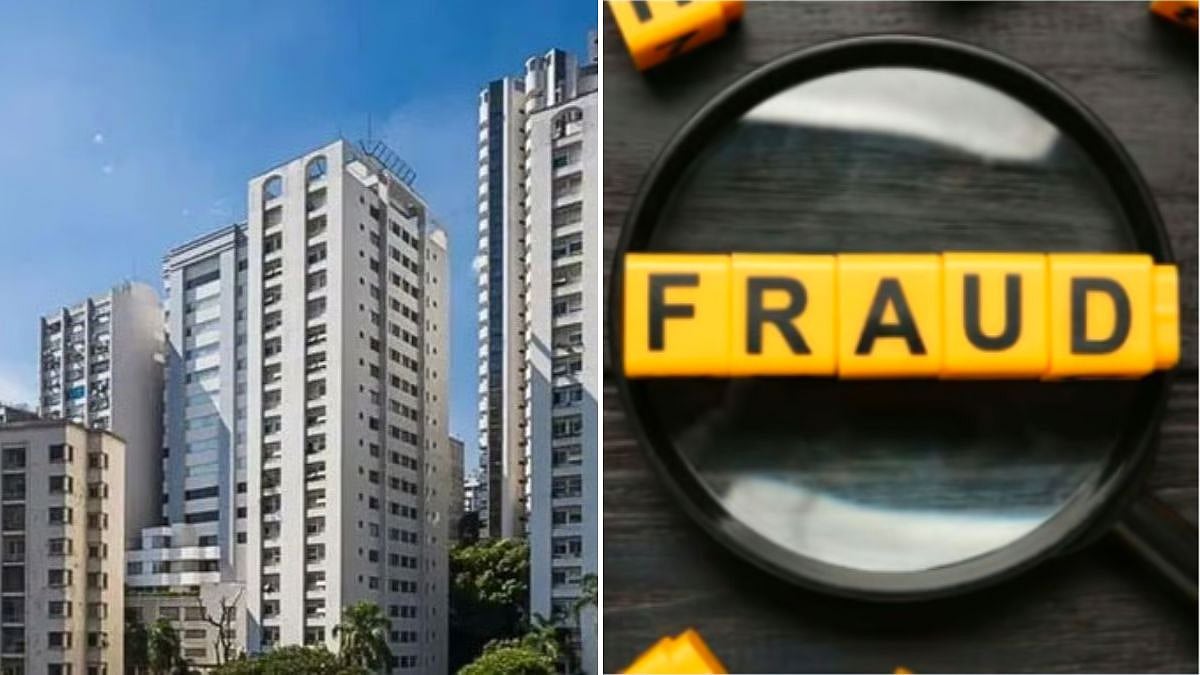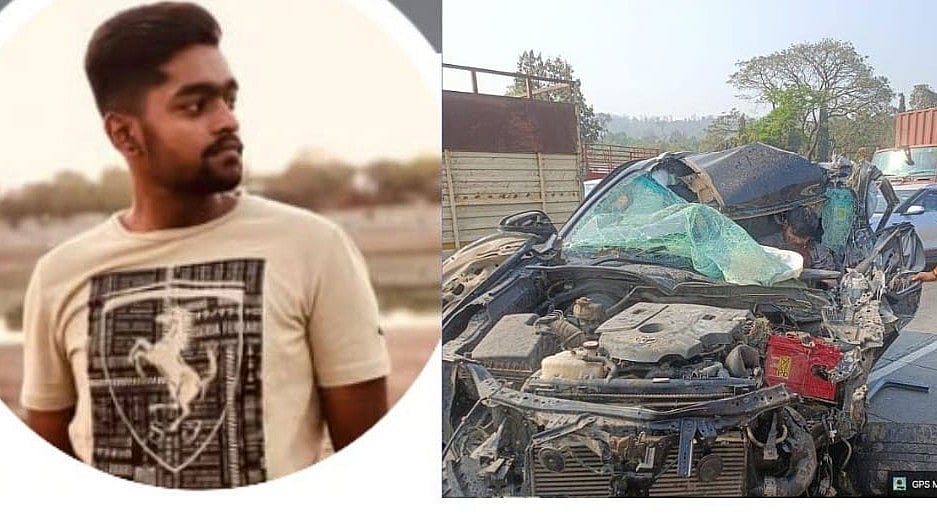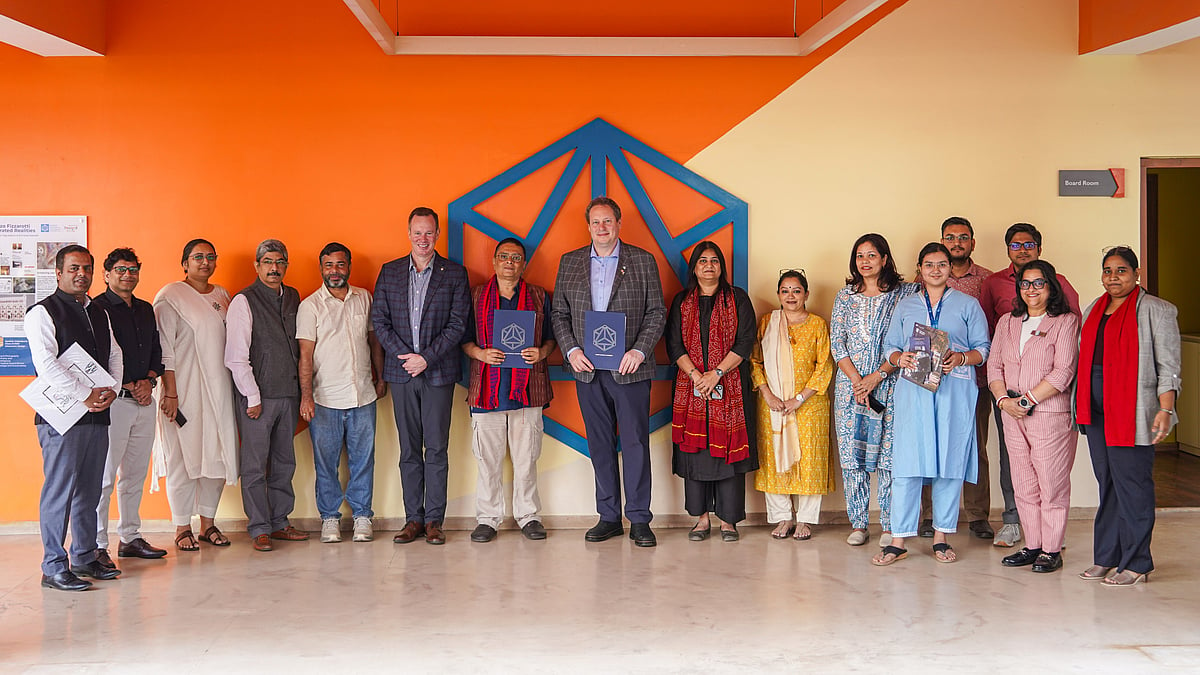The Supreme Court is currently hearing petitions seeking the legalisation of same sex marriages. The Narendra Modi government is strongly opposing this. The Bar Council of India, too, has jumped into the fray and is demanding extensive consultations before the apex court takes a decision on the vexed issue, which has far reaching implications in the long run.
Over 400 parents of members of the LGBTQIA+ community, under the banner Sweekar – The Rainbow Parents – in an open letter to the Chief Justice of India, have hoped that in their lifetime their children will get to marry partners of their choice under the Special Marriages Act. We present here the opinions of a few prominent citizens.
Senior advocate Amit Desai

Senior advocate Amit Desai | Twitter
If a writ is filed then the court is duty bound to hear the matter. The court will have to make an assessment based on the arguments put forth. It has got jurisdiction and powers under the Constitution of India to give directions, which are in the nature of legislation. Such directions have been passed even earlier when the legislature has not passed legislation on a subject matter. Court then steps in to pass directions to not leave a vacuum. The classic example of this is Vishakha Guidelines. The issue is sensitive but one has to assess to what extent the government should step into it and determine the issues of morality. The Indian Penal Code which criminalised homosexuality was an outcome of colonial and Victorian morals imposed upon India. Even those countries have moved ahead and recognised that these old values and morals are no longer relevant and have allowed freedom of choice amongst humans to choose their partners.
Senior advocate Niteen Pradhan

Senior advocate Niteen Pradhan |
I agree with the Bar Council of India and other Bar Councils in the country that the issue should be left for the legislature to be decided. The Supreme Court should not venture into the issues which are to be legislated by the legislature. Late Finance Minister Arun Jaitley had rightly said once: “It is the tyranny of the unelected”. This is applicable here as well.
Dr Ashok Anand, Senior Gynaecologist, JJ Hospital

Dr Ashok Anand, Senior Gynaecologist, JJ Hospital |
People have become receptive and everyone around the world has also accepted same sex marriage. However, if the court approves it then everyone has to accept it. If legalised, all rights will be applicable for same sex partners.
Yusuf Muchhala, senior counsel

Yusuf Muchhala, senior counsel | Facebook
When a matter is sub-judice, it is not right for the bar association or anyone to write letters to the judges expressing views. If they are feeling so strongly, let them intervene in the matter and argue in open court. This is a very unfortunate trend that one tries to pressurise judges by writing letters in a matter pending before the court. Same sex marriage or relationship, whether it is conducive to the health of the society or not is itself a debatable issue. It is not beyond controversy and that it definitely harms the society. Leaving aside the religious issues, it has also contributed to the spread of AIDS. In the Naaz Foundation case, the petitioners said that due to criminalisation of same sex relationships (I am not in favour of criminalisation), people go underground and cannot get medical aid. All these factors showed there is widespread disease prevalent among people who are indulging in this practice. So the issue cannot merely be argued on the basis of personal liberty and freedom. What is the effect on the health of society? That aspect is not being discussed at all. It is all being discussed academically. One cannot take an inhuman approach and ostracise them, but romanticising it, glorifying it… it’s another extreme.






